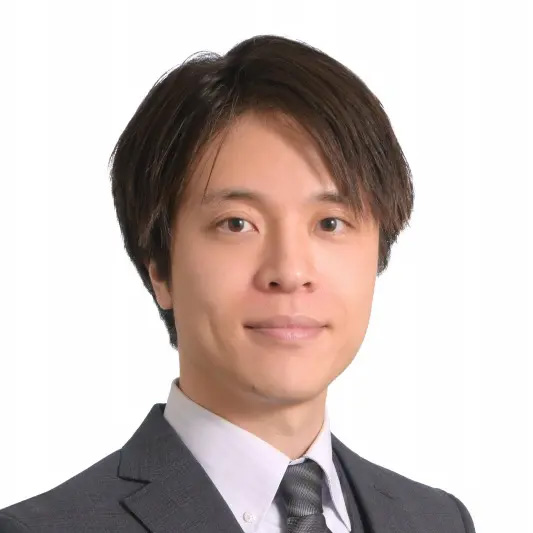What is an International Afterschool in Japan? Advantages vs Disadvantages
The difference between international afterschools and international preschools (which have increased in popularity recently), is the fact that international afterschools in Japan focus on providing childcare programs for school-age children that fully immerse them in English. Demand for both international preschool and international afterschool continue to increase each year, but the foreign language learning school market is actually in decline in Japan. International preschools and afterschools have been gaining popularity as an ideal environment for English immersion education, as children are exposed to English for extended periods of time, instead of learning English for shorter periods, less frequently.
Let's take a closer look at “What is an International Afterschool?”.
International Afterschool Features
In a nutshell, an international afterschool is "childcare for elementary school aged children + English" in Japan. It's usually a facility inside or adjacent to an elementary school for younger elementary school children of working families to spend time in after school at a relatively low cost. However, international afterschool is not necessarily just for working parents, rather, some parents may choose it for the English learning experience.
Many people have tried learning English at conversation schools, cram schools and through private tutors, but the majority soon realize that they'd never master English if they only studied for short and infrequent periods of time. For this reason, international afterschool has come into the spotlight as a place where students can spend several hours a day in an English environment, from two to five days a week, exposed to more practical English than what they'd learn in a classroom.
The Advantages and Disadvantages of Attending International Afterschool
Let's now take a look at the advantages and disadvantages of international afterschool.
Advantages
Disadvantages
As mentioned above, a disadvantage of international afterschool is the difference in English proficiency among the children, another is the possibility that they may talk to one another in Japanese. It would be extremely disappointing if their English didn't improve, especially after paying the higher fees. However, that is unlikely to occur if the international afterschool conducts an English proficiency test at the time of admission and continues to monitor their proficiency. So, it's important to check whether the international afterschool holds English proficiency tests as part of the admission process or not.
Student Eligibility
International Afterschool Programs and Activities
In terms of English proficiency and the classroom environment, international afterschools can be divided into the following categories.
Most major international afterschools accept beginners. Many of these, that are rapidly opening international afterschools across Japan, generate high profits by accepting as many students as they can, regardless of their English proficiency, and by keeping staff numbers and salaries low. Increasing the number of students they accept is a common business practice used to continue opening up more locations. On top of that, many don't divide their classes by English level, or only divide them during certain activities. (Afterschool category ① as mentioned above.)
The previously mentioned groups with both high and low English proficiency should, naturally, have different lessons and activities, as it is unrealistic to have everyone to follow the same lesson content. For those in groups with higher English proficiency, the goal is not just to become familiar with English and to be able to communicate in simple English, but instead, the goal should be to maintain and improve already acquired English skills and develop higher communication skills. We should also place importance on the quality and content of the lessons and activities, rather than simply focus on learning English.
Even in international afterschools that claim to use an English immersion program, it's quite difficult to maintain a fully English environment when there is a mix of levels between the children without assigning a large number of teachers. It is, in all honesty, extremely challenging to maintain an English environment.
If your child's English proficiency is already at a somewhat high level, we strongly recommend that you consider enrolling them in an international afterschool that offers high quality lessons and activities at an intermediate level or higher, that is, category ③.
We also recommend option ② as a great choice for many students, where students are divided into classes by English level and lessons, and activities and goals are appropriate for each level.
Afterschool in Yokohama | CGK International School
Unfortunately, at CGK Afterschool by CGK International School in Yokohama, we're unable to accept children who are English beginners. It is designed for children at an intermediate level or higher, and includes the following features.
Afterschool in Yokohama | CGK International School
We may not be the perfect international afterschool, as we currently don't take on children who are beginners in English, but we’ll keep working hard to improve. Please don't hesitate to contact us with any further inquiries.
We hope that after reading this article, more people will become interested in international afterschools, where we hope to support your child to thrive in a future global society.
Author Profile
-

-
Minoru Kai - School Founder, CGK International School (Japan)

Born in 1984, father to two children.
After residence and stay in Australia, Canada and America, worked at an advertising agency concurrently in overseas exhibition work and domestic advertising work.
He also founded CGK International School (Yokohama) from scratch and provides management consulting for international schools.





















